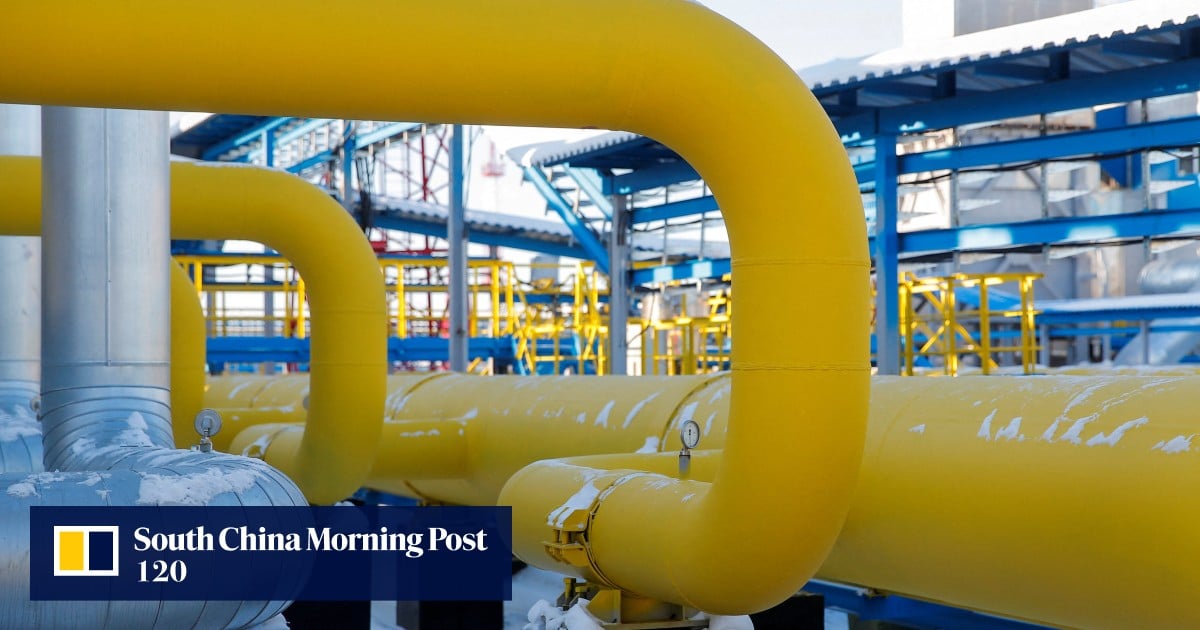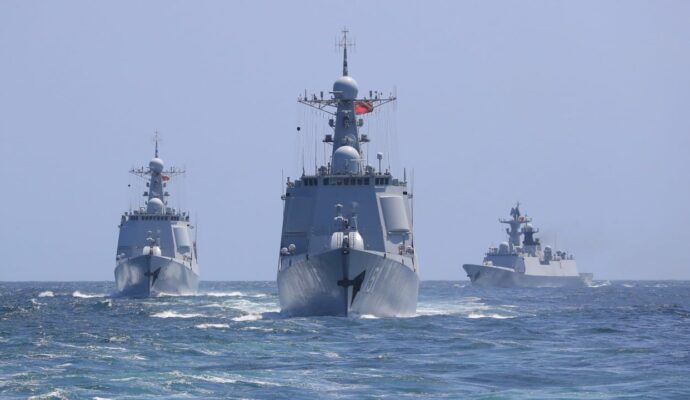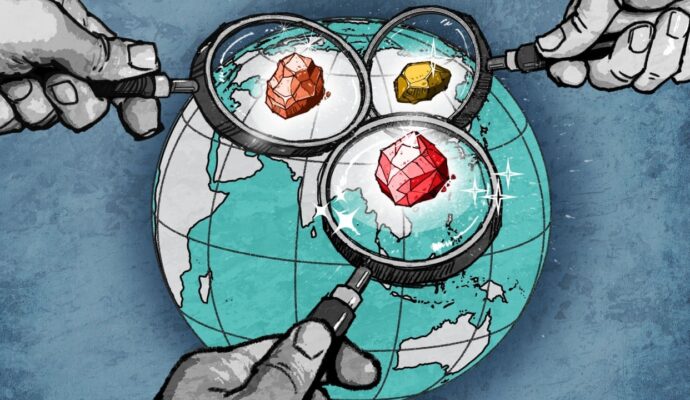
The peer-reviewed research, which measured Sino-Russian military, economic and political cooperation between 1992 and 2019, found no abrupt surges or declines in intensity in the post-Cold War period.
Cooperation continued largely unchanged in 2014, when Russia’s annexation of Crimea marked the start of the wider Russo-Ukrainian war, according to the study published in the academic journal Europe-Asia Studies.
Politics and international relations lecturer Maria Papageorgiou, from the University of Exeter, and Alena Vysotskaya Guedes Vieira, political science and international relations professor at the University of Minho, based their research on a self-developed bilateral cooperation intensity (BCI) index.
The study found that energy trade has been a focal point of Sino-Russian cooperation since 2008 – after ranking as “low” between 1992 and 2003 – and has led to the growing strength of economic links, which surpassed military ties in 2012.
“The level of energy interdependence showcases the depth and scope of bilateral energy relations,” the researchers said.
Test to ‘no limit’ ties as China wields ‘bargaining power’ over Russian pipeline
Test to ‘no limit’ ties as China wields ‘bargaining power’ over Russian pipeline
The high level of interdependence was “indicative of stable, long-term transactions and win-win cooperation”, according to the study, which added that China was among Russia’s “major gateways” for its energy exports.
In the four years after the dissolution of the Soviet Union in December 1991, cooperation between China and Russia was “limited”, with political ties the strongest, followed by economic and military links, the researchers found.
Between 1996 and 2007, military cooperation trumped economic links on the BCI index, before the two gained parity for three years from 2008, according to the study.
The researchers also identified the frequency of official visits as another indicator of the growing cooperation between Beijing and Moscow.
These climbed from “limited” to “moderate” levels across the 1990s, before reaching the highest “comprehensive” level in the early 2000s, where they have remained since 2008, according to the study.
China wants to deepen ‘everlasting’ good ties with Russia: Xi Jinping
China wants to deepen ‘everlasting’ good ties with Russia: Xi Jinping
The researchers said state visits contributed to “building a broader-based trust network between the two countries”. These included the many high-profile “ceremonial” official visits, which “showcase the deliberate intention to achieve certain agreements”.
“Moreover, visits can be indicative of states’ foreign policy objectives and geostrategic preferences, especially at the regional level, while also having a positive impact on trade and economic relations at the bilateral level,” they said.
At the belt and road forum in October, attended by Russian leader Vladimir Putin, Chinese President Xi Jinping noted that they had met “42 times in the past 10 years and developed a good working relationship and a deep friendship”.
‘Highly complementary’: China, Russia lay out plans for regional integration
‘Highly complementary’: China, Russia lay out plans for regional integration
The study also measured the similarities in voting patterns at the United Nations General Assembly as another indicator of China and Russia’s strengthening ties.
The researchers deemed this level of collaboration “moderate” during the 1990s before rising to “enhanced” from 2000 onwards.
“While our findings verify the assumption that China and Russia have indeed strengthened their cooperation in a progressive manner, with no apparent setback following Russia’s 2014 annexation of Crimea, the results do not corroborate the claims of dramatic change frequently presented in the literature,” the researchers concluded.


